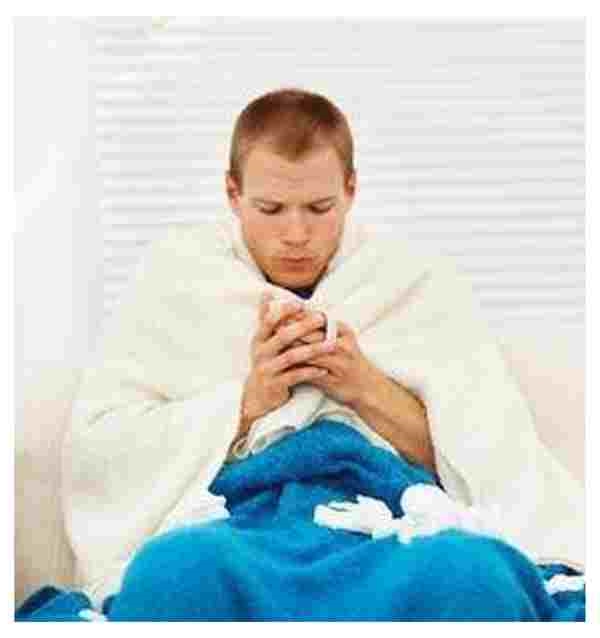Treating Post Nasal Drip and Cough

Post nasal drip is a very irritating condition where excessive amounts of nasal fluid builds up in the nostrils, creating a feeling of liquid running down the nose. This buildup of nasal mucus and phlegm can often lead to what's called a post nasal drip cough or PND. This can be an extremely embarrassing condition that can cause one to avoid getting it checked out.
Nasal drip is caused by a build-up of mucous or phlegm that has been secreted from the nose by the muscles of your nasal lining. These muscles are constantly working in order to prevent foreign objects from entering the lungs. Unfortunately, they can become weakened over time and become more prone to getting weakened as well. This can result in a build-up of thickened mucous and phlegm that leads to a nasty, runny nose.
There are a couple different things that can cause this build-up to occur, the most common one being infection through drainage tubes in the nose. This causes the nasal drainage tubes to become swollen and irritated, making it difficult for the mucus to drain properly. When this happens, mucous builds up inside the drainage tubes and can result in post-nasal drip.
Some people may also have the condition called sinusitis, which can cause excessive pressure within the chest and cause inflammation and irritation within the airways. This in turn causes an excess amount of drainage to occur through the nasal drainage tubes causing a PND.
Cough medicines can also cause this build-up of phlegm and fluid in the respiratory system, especially if they aren't used on a regular basis. Other causes include allergic reactions to certain foods, drugs and inhalants
There are a number of different medications that are available to treat this condition. There are nasal sprays, nasal drops and medications that can be taken orally such as decongestants and nasal sprays. Each of these methods of treatment can have varying degrees of effectiveness and each individual will have to find the best solution for their specific needs.
There are decongestants in the form of nasal sprays that can be applied directly to the upper respiratory tract and then let them do their job by penetrating the nasal lining and helping drainage. They are generally most effective in reducing post-nasal leakage and helping to clear the airways.
Nasal decongestants are sometimes combined with antihistamines to treat these conditions. Both decongestants and antihistamines can be very effective in treating this problem because they not only reduce the number of symptoms, but also help prevent swelling and irritation that can occur from these problems. If you have an allergy that you suffer from or already have a medical condition, it is always best to visit your doctor first before taking any medication or starting any treatment regimen.
Decongestants are available in various forms. They can be in liquid, tablet or capsule form. To treat the symptoms associated with this problem, you should try using a solution specifically formulated for fasting. This will reduce the risk of your body producing more mucus than it needs, and will also allow the decongestant to reach the nasal lining more easily. For more detailed information you can go to the website Club of Thai Health
Nasal drops are another type of medicine that doctors often prescribe. These drops are applied to the nasal mucosa through a pipette and help the mucus escape into the drainage tubes. It is more commonly used for coughing than for PND. Most of these decongestants are for postnasal drip and cold sores, but some also include pain relief and fever.
Another medication that can help treat this problem is the antihistamine Lamisil. It is used to combat many different ailments and has been shown to be very effective against postnasal leakage as well.
A combination of both natural and artificial medicines can also be used to help relieve and cure this problem. If you have a family history of PND or allergy to certain foods or inhalants, it's important to speak to your doctor about possible side effects to your treatment and what you can do to alleviate them. Also, be sure that you check with your health care provider about the ingredients in the decongestants that you're using.